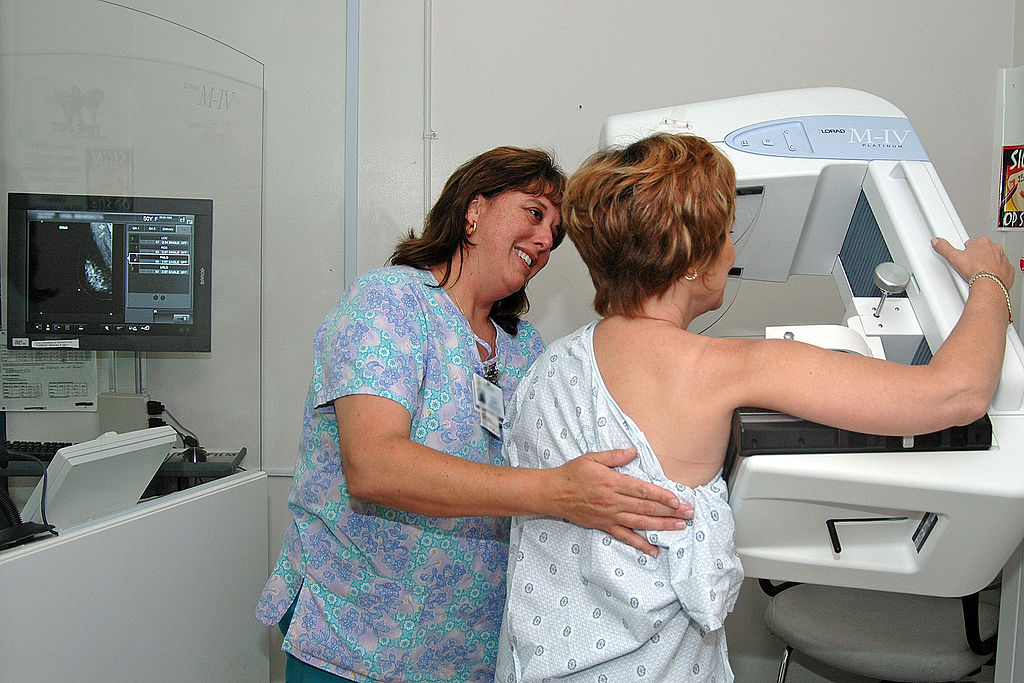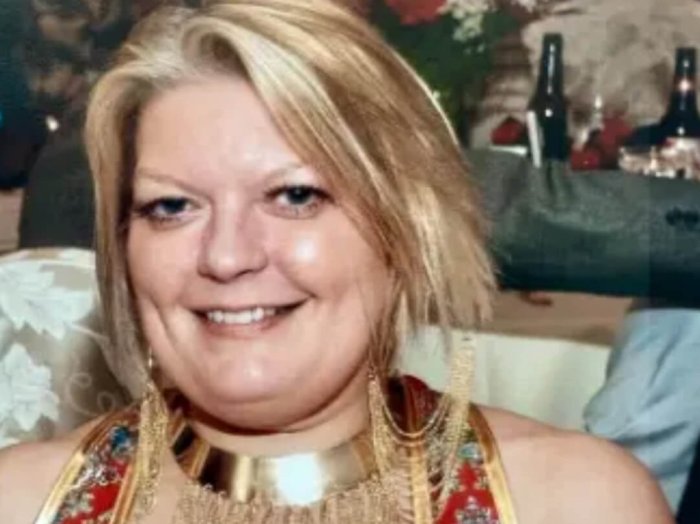Women diagnosed with stage four breast cancer are twice as likely to survive this year, research shows, prompting Long Island survivors to step up much-needed fundraising for research into the incurable disease.
The five-year survival rate for women ages 15-49 diagnosed with Metastatic Breast Cancer (MBC) will double from 18 percent to 36 percent this year, according to a study published last month by the American Association for Cancer Research. The trend inspired several local women to not only hold fundraisers, but also work to raise awareness to the issue.
“I’ve realized that people just don’t know what stage four breast cancer is,” said Dee Lakhani Shravah, a 41-year-old stage four breast cancer survivor from Syosset. “People don’t know what Metastatic disease is. So for me, awareness has become the primary goal.”
The study showed that 154,794 women in the US will live with MBC—cancer that spreads from the breast to other parts of the body—this year, an increase of 17 percent from 2000 to ‘10. The rate is expected to increase by 31 percent from ‘10 to ‘20.
“The increasing burden of MBC highlights the importance of documenting recurrence to foster more research into the specific needs of this understudied population,” the study states.
Shravah was diagnosed with de novo metastatic breast cancer—stage four breast cancer on first diagnosis—in December 2015. That’s when she learned first-hand the need to raise awareness and paired with research driven nonprofit Metavivor—short for Metastatic survivor—to hold an event that raised $29,400 for Metastatic Breast Cancer research on May 23 in Manhattan. The money donated by the 150 people that attended the event goes to Metavivor who also funds research in the under-developed area.
Although more women will live passed the struggles they face in the ever-constant battle with MBC, research funding for this niche area of cancer is slim in comparison to the amount of money put toward cancer research for stages 1-3. There is no cure for MBC, only procedures to mitigate its effects.
Rebecca Timlin-Scalera, a 44-year-old neuropsychologist from Norwalk, Conn., noticed this lack of funding in the short time she had stage four breast cancer before her re-diagnosis to stage three. Upon further investigation, she found that less than 7 percent of all funding towards cancer research goes to MBC research, according to the Metastatic Breast Cancer Network. She also noted that this is the only kind that is truly fatal.
“It’s really hard not to be angry about it,” Timlin-Scalera said. “But my approach is not to be angry and just to do something proactive and positive about it, which is what I’m doing.”
This pushed her to create The Cancer Couch Foundation, a privately funded, nonprofit organization that fundraises money to allot grants to scientists who study MBC.
Beyond funding and awareness problems, those with MBC also feel excluded from the breast cancer empowerment movement. The month of October may mean pink empowerment to those with stages 1-3 breast cancer, but it usually does not highlight those with metastatic breast cancer.
Jennifer Rindos, a 48-year-old teacher living with MBC from Hicksville, feels like a minority in the otherwise inclusive movement. When she found she was not alone in that feeling, she was inspired to her start a local support group run by those with MBC through Metavivor.
“We don’t fit in with other women who have breast cancer,” Rindos said. “There’s no ringing of the bell at the last chemo – there’s none of that. We have to go about our lives in treatment until our time comes, which is much sooner.”
Although her disease could hinder her lifestyle, she tends to look passed that and see what she can do to stay enjoy every moment of her life. She began practicing deep breathing exercises and yoga to keep her calm and under control in times of worry. Ultimately, she found herself at peace.
“There’s something about knowing that you could die any day brings you a whole new level of gratitude and understanding,” Rindos said.



































